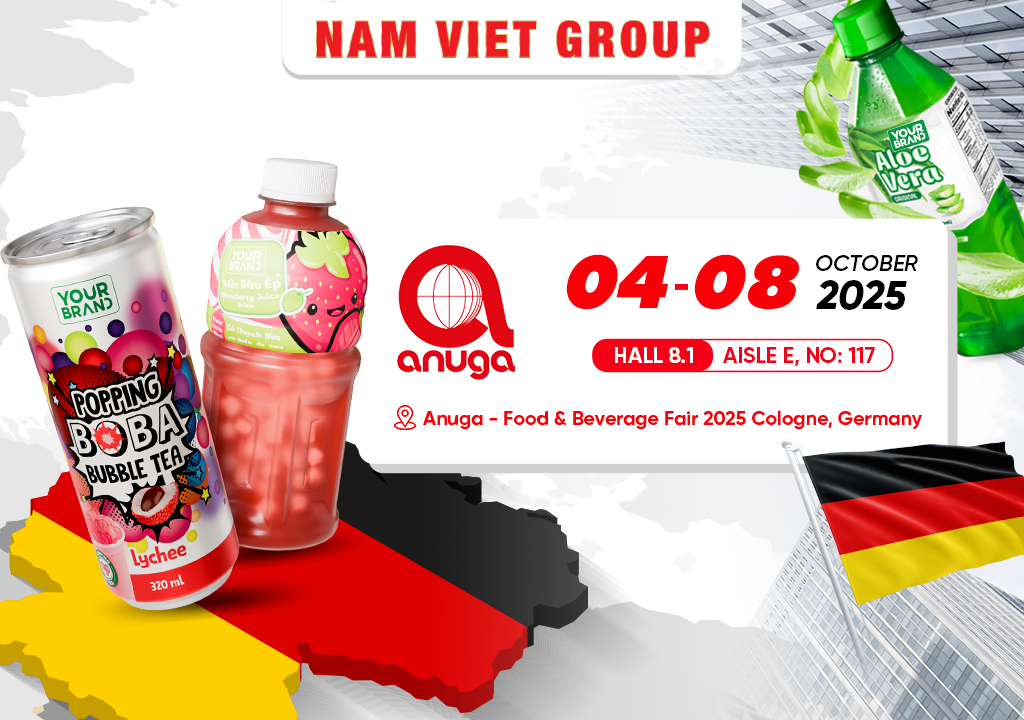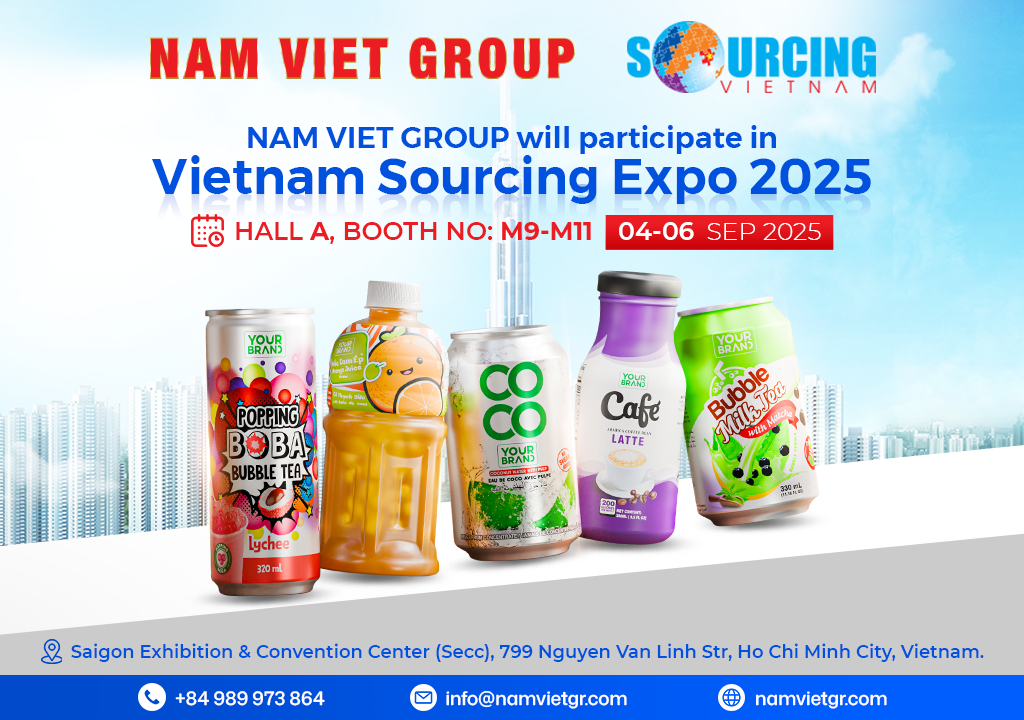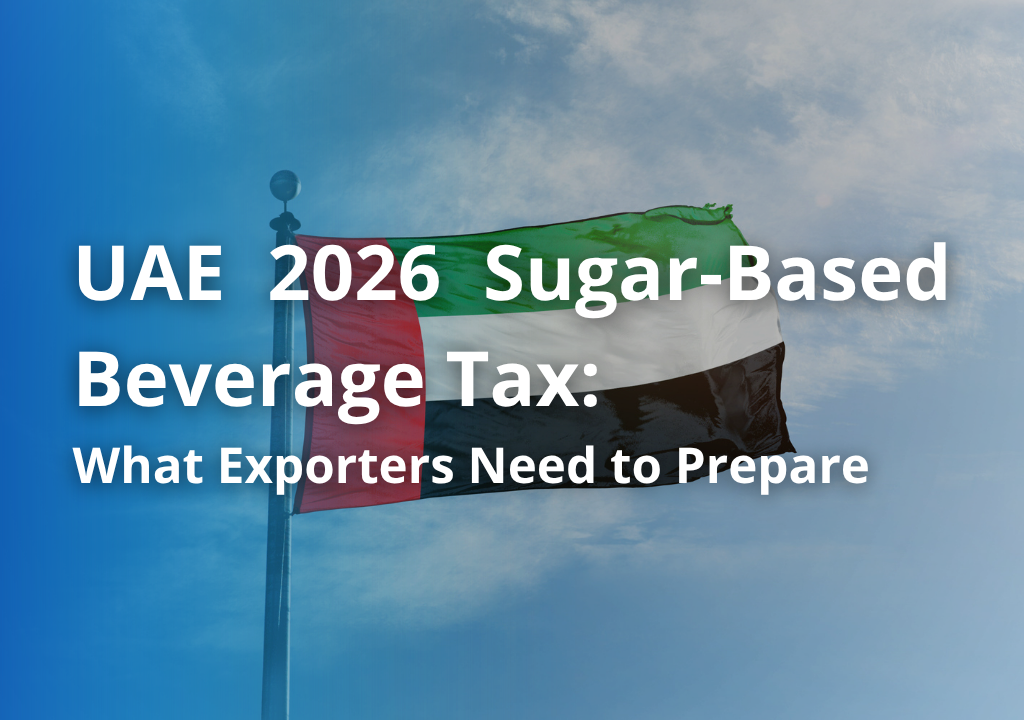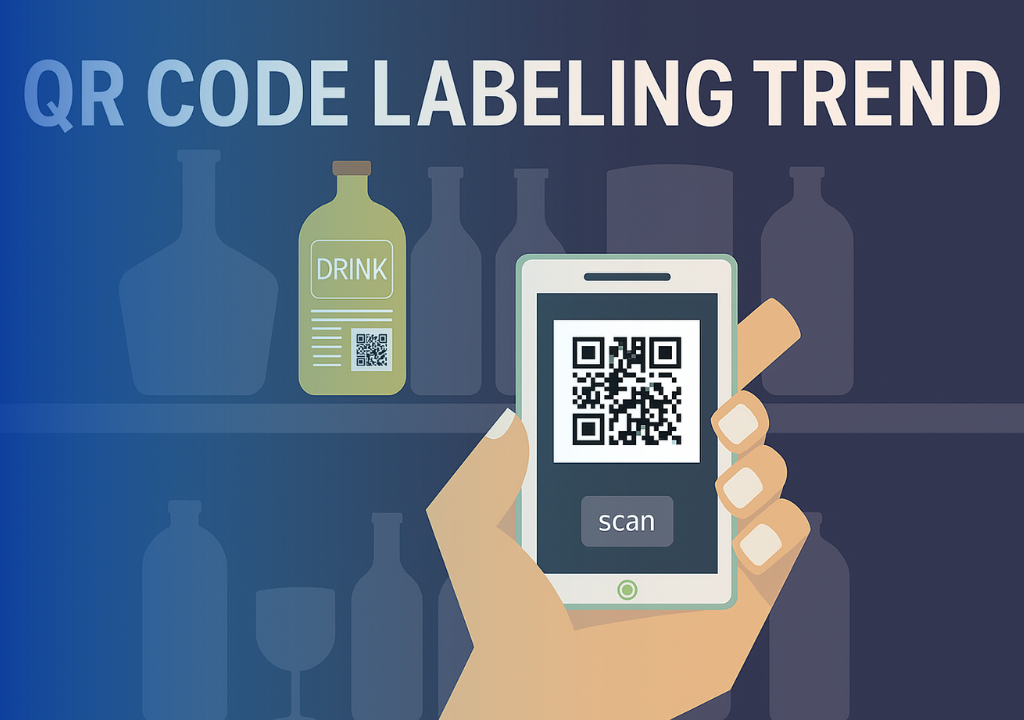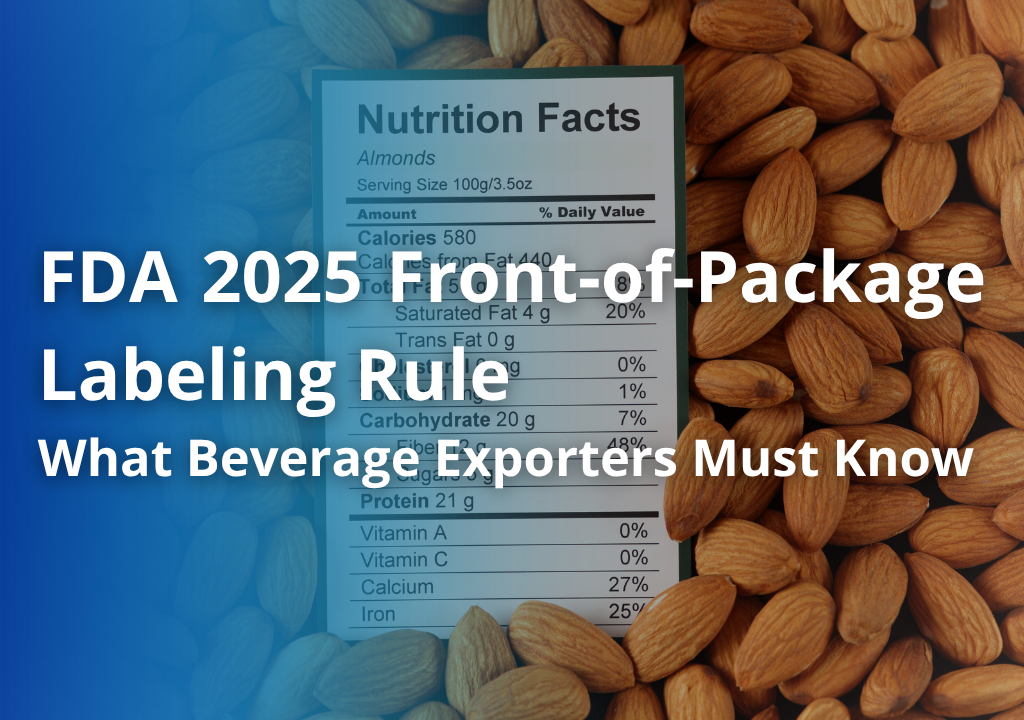Export to Africa Successfully: Key Standards Vietnamese Businesses Must Meet
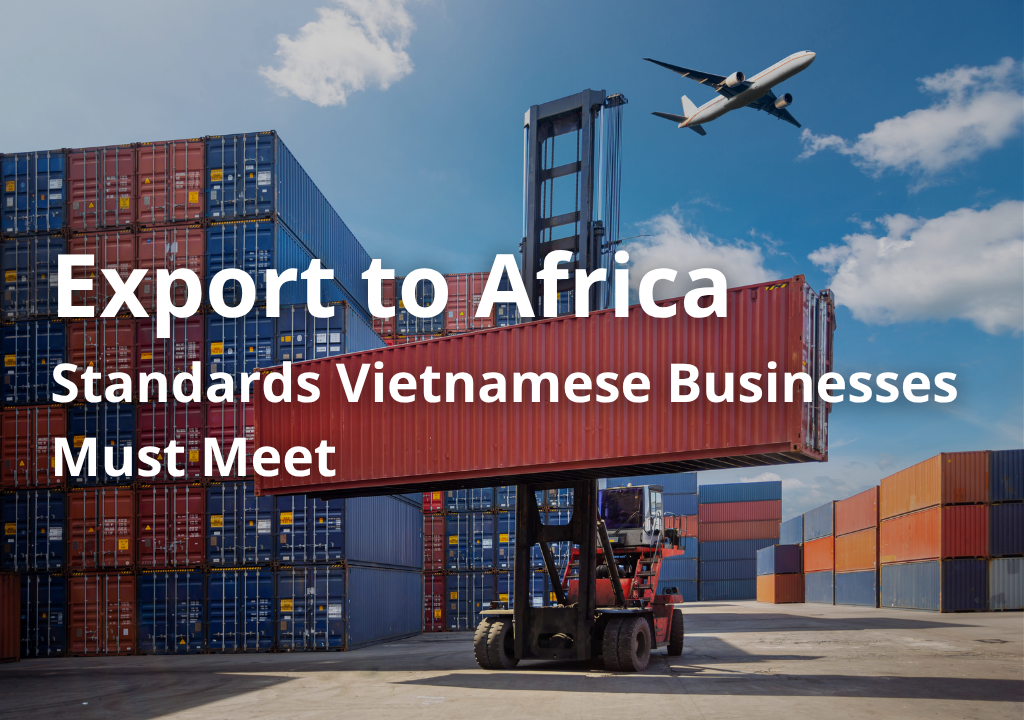
Why Standards Matter When Exporting to Africa
Export to Africa is becoming more complex as many countries across the continent are tightening their import regulations to protect consumers, raise product quality, and support local industries. Navigating this diverse and evolving market requires businesses to fully understand and comply with each nation’s specific export standards. By meeting these standards, your products are more likely to clear customs smoothly, avoid costly shipping delays, and gain the confidence of African distributors and consumers. Whether you're looking to export food, electronics, textiles, or medical goods, regulatory compliance is not just a formality—it’s a critical step toward long-term success in Africa’s fast-growing markets.
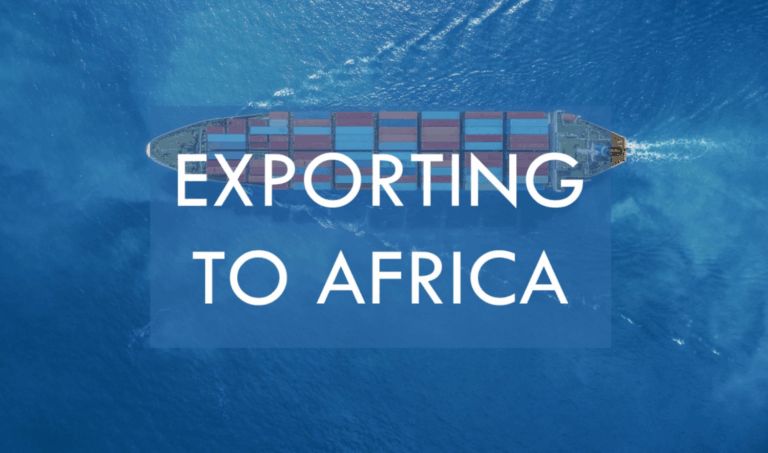
Key Certifications and Documents Required
To export to Africa from Vietnam, you’ll need a variety of export documents, which may vary by country:
- Certificate of Origin (COO)
- Sanitary or Phytosanitary Certificates for food and agricultural goods
- Halal Certificate – especially important in North and West Africa (e.g., Nigeria, Egypt, Sudan)
- Quality standards such as ISO 9001, HACCP, or GMP
These documents demonstrate your commitment to safety and international standards – two factors African importers highly value.
Country-Specific Regulations in Africa
Before entering the African market, Vietnamese exporters must recognize that regulatory requirements are not uniform across the continent. Each African country operates under its own set of import laws, standards, and certification protocols. Therefore, to export to Africa effectively, businesses must conduct in-depth research on their specific target markets, understanding not only legal obligations but also cultural and logistical differences that may impact their success.
- Nigeria: Requires registration with NAFDAC for food, cosmetics, and medical goods
- Egypt: Overseen by GOEIC (General Organization for Export and Import Control)
- South Africa: NRCS compliance is needed for electronics and automotive products
- Kenya: Products must follow KEBS standards
Failing to comply with local standards can lead to shipment rejections or fines.
Labeling and Packaging Rules
Products exported to Africa must follow strict labeling guidelines:
- Clearly printed expiry/manufacturing dates
- Multilingual labeling: English (East Africa), French (West Africa), Arabic (North Africa)
- Nutrition facts and warnings (for food and beverages)
- Recyclable or eco-friendly packaging is increasingly favored
Logistics, Inspection & Pre-Shipment Tips
To minimize risks, exporters should:
- Work with experienced freight forwarders in African logistics
- Use pre-shipment inspection services like SGS or Bureau Veritas
- Prepare all documents in advance and ensure consistency across forms
- Build good communication with customs brokers and buyers
Advice for Vietnamese Exporters
If you're planning to export to Africa, start small by focusing on one or two promising markets such as Ghana, Kenya, or Nigeria. These countries often have clearer import regulations and growing demand for quality products, making them ideal entry points for Vietnamese exporters.
To successfully export to Africa, participate in trade expos across the continent and connect with Vietnamese trade offices in the region. These networks can offer valuable market insights and help you navigate local laws, customs procedures, and consumer preferences. Don’t forget to localize your products—from packaging to certifications—to suit African market needs.
Most importantly, stay updated on changing import policies. Each country in Africa has its own export standards and documentation requirements. By staying informed and adapting proactively, Vietnamese businesses can build long-term success and credibility when they export to Africa.
Africa holds vast potential, but entering this market requires careful preparation. From certifications to packaging, every detail matters. To stay informed about export opportunities and international standards, follow Nam Việt Group – your trusted partner in global trade.



